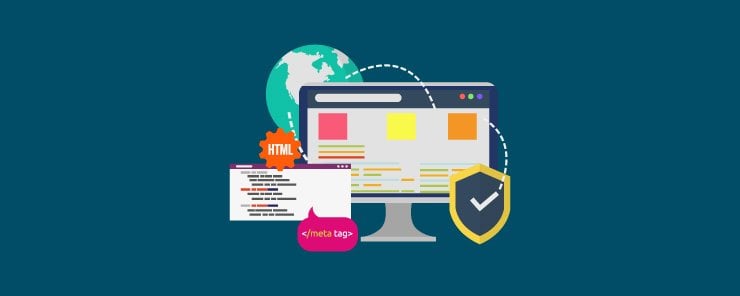At present, there are a large number of programing languages. Many of the current software developing jobs require knowledge of the more popular languages including Java, PHP, C# and more. But, to meet the needs of the changing times, new programmes are showing up every now and then. While it is impossible to predict which of these programmes would be considered as an essential skill in the future, it is possible to list out the most promising programming languages that might become important in the future development projects.
Here are 10 Up and coming Web Programming Languages
1. Google Go
Originally introduced in 2009, Google’s Go or golang is an open source language. Derived from Java and C, Go is popularly viewed as faster and easier than both. In fact, the language was named as 2016’s programming language of the year by TIOBE Index. Google has been using this language internally for some operations since 2009.
Biggies such as Facebook, SoundCloud, BBC and GOV.UK make use of this language. This programming language helps developers build strong and fast apps a lot quicker than current standards. The popularity of Go among programmers is largely due to its ability to be a viable Java alternative.
2. Swift
Developed by Apple for its homegrown software, Swift offers better performance and safety. It is quite easy to learn, allowing a number of entry-level as well as experienced developers to focus on the language. Launched in 2014, Swift is 2.6 times faster than Objective-C, the language it is intended to replace, and is also 8.4 times faster than Python. The language has been experiencing sudden growth due to its desirable traits such as speed, simplicity and ease of use. As a significant chunk of enterprises have invested or is dependant in Apple’s ecosystem, development knowledge of Swift is certainly a worthy skill to acquire.
3. Hack
Developed by Facebook, Hack also entered the scene in 2014. The tech giant has been trying to replace its PHP codebase with Hack. In fact, they had made a statement that most of the migration has been done successfully. Hack has been built with speedy website development in mind. The software’s code is accurately organized and is relatively short on flaws. The language has been open sourced. It is built to overcome the limitations of PHP and can be considered as an upgraded version of PHP. The Hack is far safer and has fewer flaws.
4. Rust
Built by Mozilla, Rust is surprisingly popular among developers. It is aimed at replacing C and C++ to an extent. This modern language is said to leave a lot of the unwanted baggage that traditional programming languages have. Rust has three main objectives – speed, safety and concurrency. This open source software programming language is designed to be practical and performance oriented. In the developer survey done by Stack Overflow in 2016, Rust was christened as the “Most Loved Programming Language of 2016”
5. Dart
Hugely popular inside Google, courtesy of its presence in web applications such as Adwords and AdSense, Dart was initially designed to be the evolutionary successor to Javascript. But unfortunately, there were some serious shortcomings when the language was launched initially in 2011. Google themselves described the language as welcoming to high-performance implementations, suitable for app development and easy to write development tools for. When it was first introduced, the language was criticized for fragmenting the web. It was said that Google would make use of Dart in Chrome.
6. R
Another open source programming language, R is created for graphics and statistical computing. The language is popular among data miners and statisticians. While R first appeared around 1993, it’s latest stable version has been launched only on March 6th 2017. Also, the language has grown significantly in popularity as the word gets attracted to data and its analysis.
7. D
C was popular for a reason. A lot of people still love the simplicity of C. While it’s simple and clean, the language seems to lose out on some modern features. So, D was built, by adding some modern features. The popularity of C is a blessing to D. With the addition of more convenience, D can be expected to become a force in the coming years.
8. CoffeeScript
For programmers, the curly brackets and semicolons in JavaScript can be tiring. This led to the creation of CoffeeScript. It’s not as much of a full-fledged language as it is a time saving tool. While it is easy to write it off as another trivial language, its importance should not be taken lightly. Clean code can be easily read.
9. Scala
Based on Java, Scala is a functional language on the lines of Haskell. Scala is shortform for scalable language.This web programming language is concise as it was built from the negative feedback on Java. It is object-oriented and one of the more popular functional languages. If you write code on Scala, it will run anywhere Java runs. Functional languages are believed to reduce bugs, and is easier to optimize. It has a number of features that Java doesn’t have, such as immutability, raw strings, etc.
10. Elixir
This is another functional language for the general purpose. It has been created for building maintainable applications at scale. One of it’s best features is concurrency. Due to concurrency, applications running on Elixir would be able to comfortably run several actions at the same time. Bleacher Report, Moz, and Pinterest are companies that make use of Elixir for web development and building embedded-systems.



